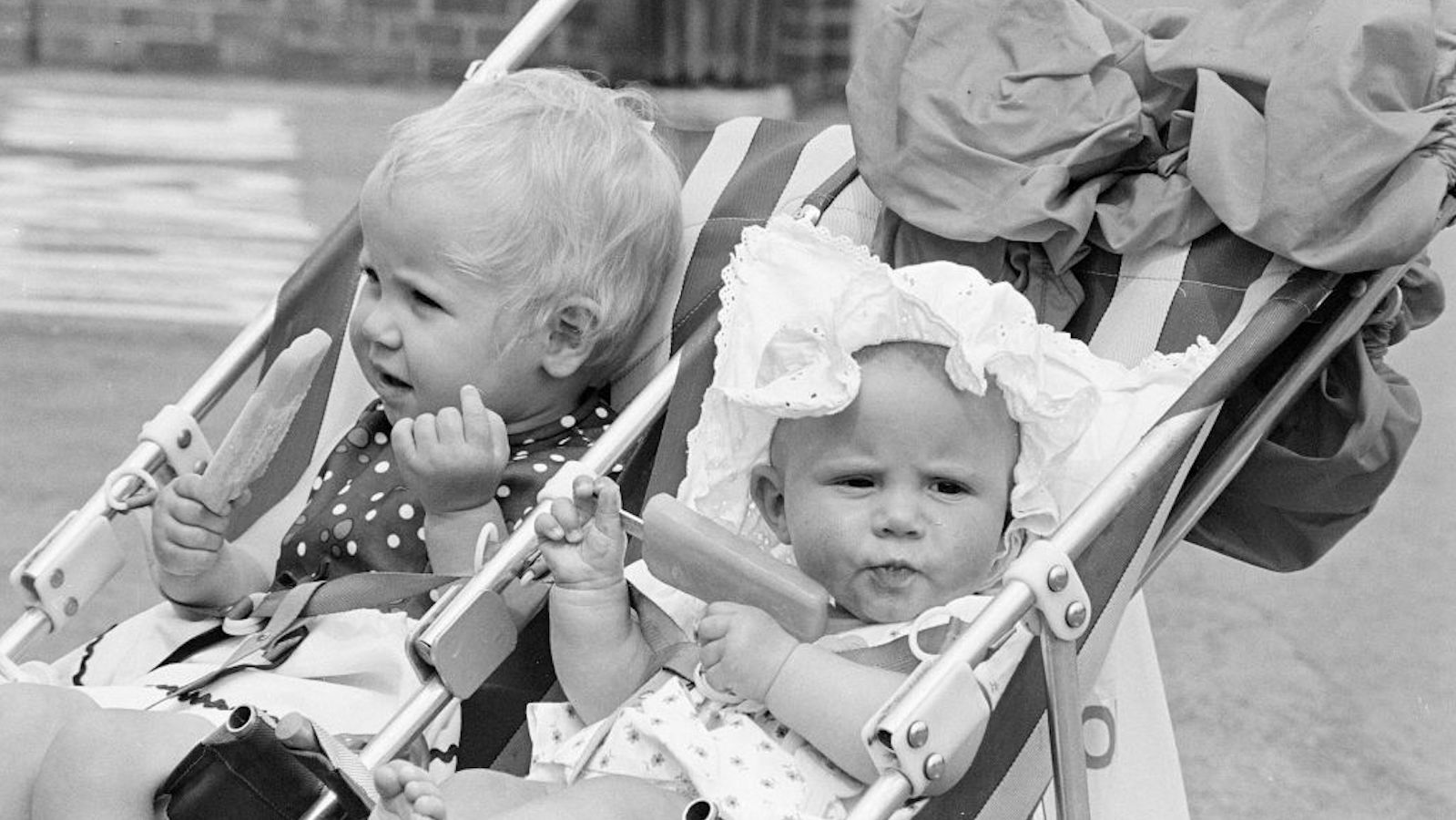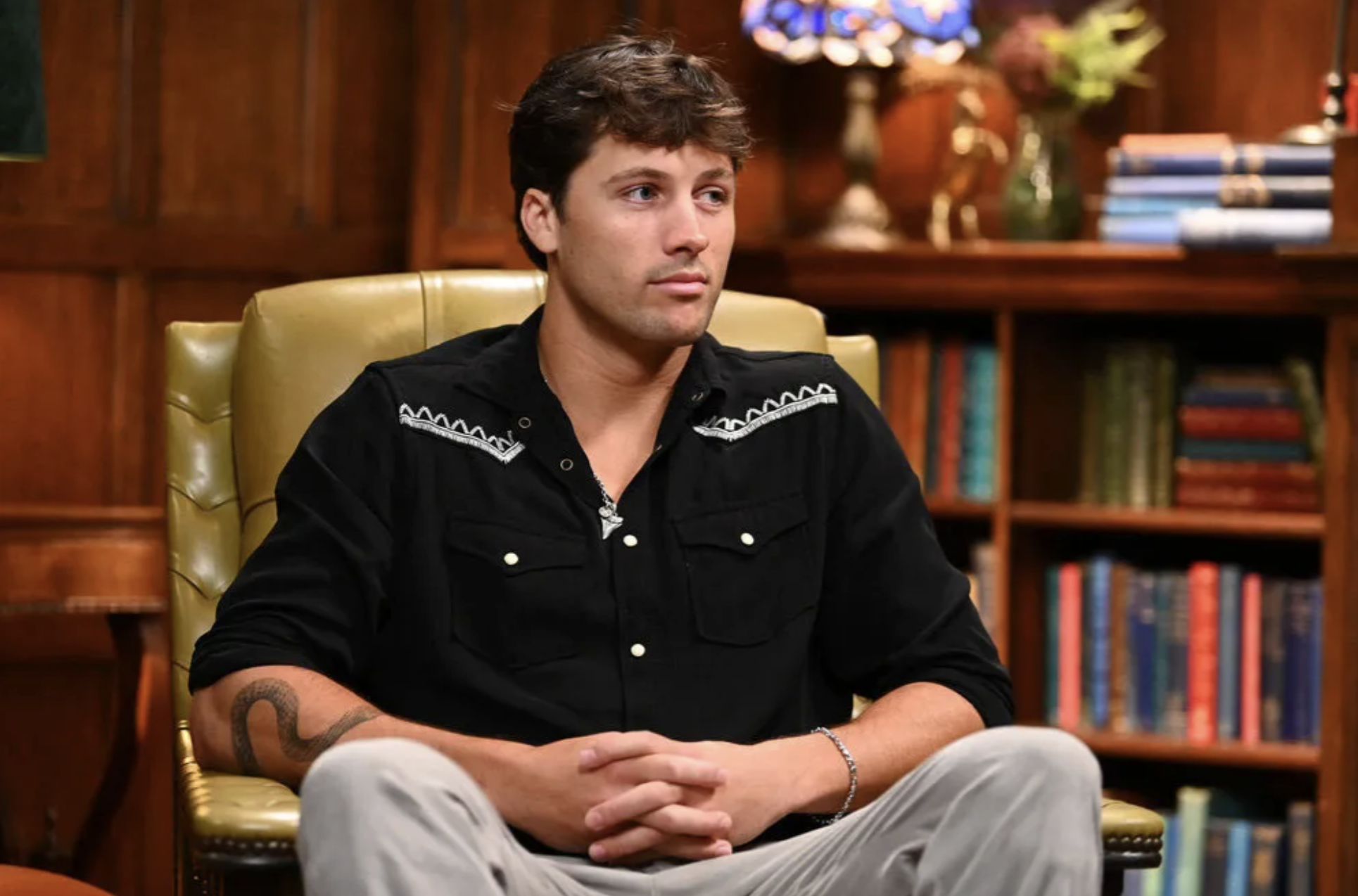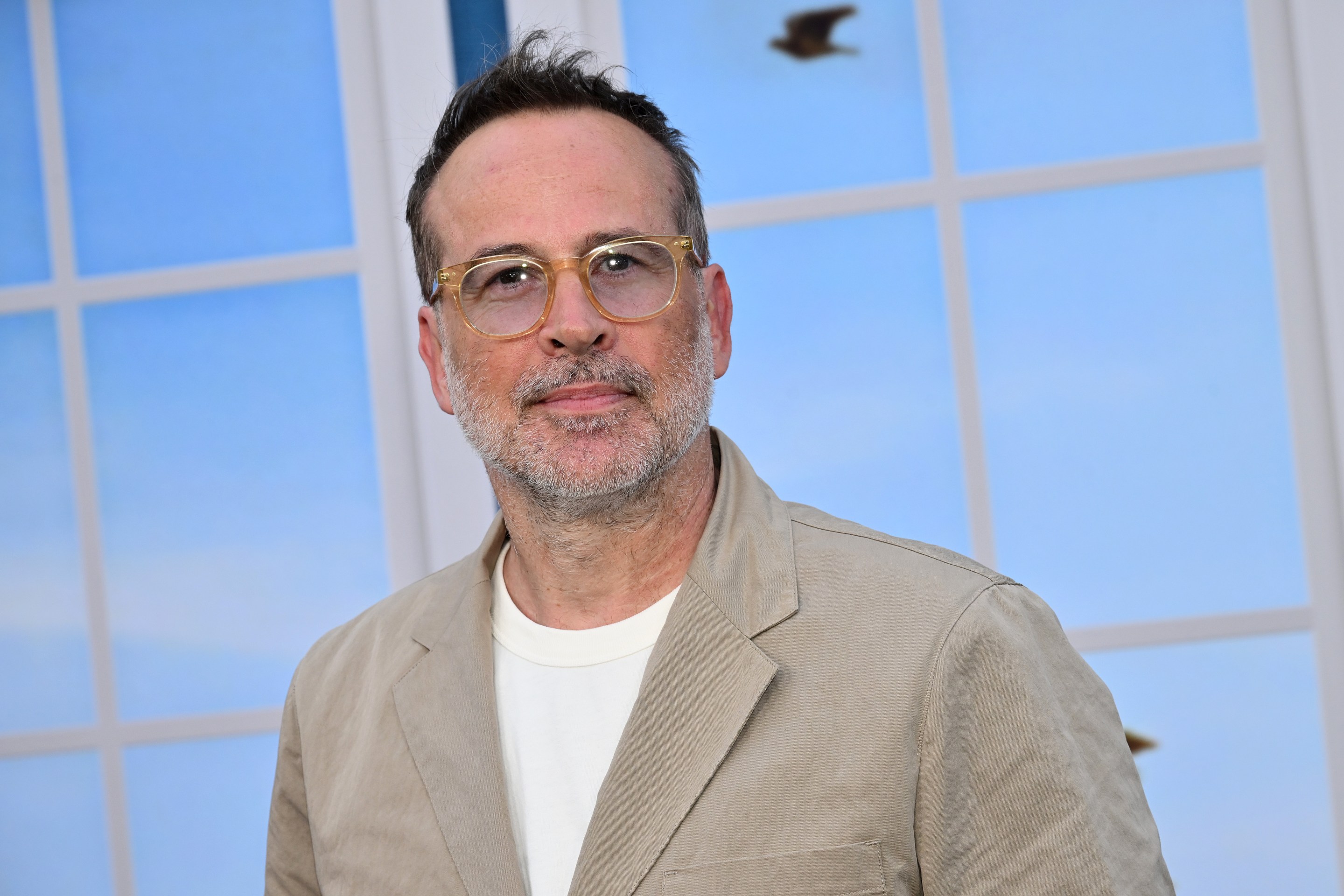I don’t love food, I love sweets. The two feelings are related. If you think about foodies, they rarely talk about sugar. Sugar is a simple, straightforward taste. It’s not very rich; it’s in fact uncomplicated as hell. It’s associated with children for good reason—children are dumb, sugar is dumb, my palate is dumb. My favorite food is cake.
I got excited about food once during the holidays—when my mom made mac and cheese. It’s the same mac and cheese she has made our whole lives, the one from a Robert Carrier cookbook from the '70s. Carrier looks exactly like you would imagine—whip of gray hair, three-piece suit, always in black and white. He was actually American but got famous in England, probably because he didn’t know how to make anything without using double cream, which you can only get there. I think there’s aspic in that book. There’s definitely a lot of brandy. Everything looks like it’s made to be part of a 10-course meal on white tablecloths with candles and an upstairs-downstairs situation. The mac and cheese has tomatoes and breadcrumbs and a lot of cholesterol. Carrier fell out of favor in the '80s, probably because everyone who ate his food immediately dropped dead from a heart attack. But this is the exact food you like when you don’t particularly care for food. Blunt, plain tastes. John Mulaney’s toddler-grade Sack Lunch Bunch noodles and butter.
I think my disinterest in food is a bit of a family trait. None of us are particularly bothered about it. I remember my mom once inadvertently turning a gingerbread man into a cake. When I was a kid all I wanted to eat were desserts. I also did this gross thing as a 4-year-old, which I only recently discovered has a name: pocketing. I did it with chicken, keeping it in my cheeks at dinner, moving the rest of the food around the plate so it looked like I had made some kind of progress, and then when I got a second to myself, dumping out the cheek-chicken in the toilet. I can still remember that dead wet taste in my mouth. I pocketed so often that my mom took me to the pediatrician and asked what to do. The pediatrician said stop giving her chicken.
When people get excited about restaurants, I feel happy for them but also a little bemused. I’m not so much picky as unmoved by all of it. Which is why I was surprised to discover, once I thought about it, that my favorite thing to listen to is about food, my favorite thing to watch is about food, and my favorite things to read are about food. Apparently, I hate eating food, but I love hearing about it.
I think I may have gotten more excited about the Christmas episode of Off Menu than the mac and cheese. This podcast isn’t new. It launched at the end of 2018 and its conceit is that these two British comedians, Ed Gamble and James Acaster (who are best friends), have a dream restaurant in which Gamble is the maître d’ and Acaster is the genie waiter (just go with it), and a famous guest (usually another comic) comes on and designs their dream meal. Obviously, the hosts’ sense of humor is the big draw here, but it’s also their genuine curiosity in people’s palates and their dishes, no matter how elementary, no matter how odd. I have listened multiple times to Joe Thomas (The Inbetweeners) describing how he befriended a middle-aged man when he was in his 20s and the two of them buried a goat under some smoking pile, only to dig it up several hours later to reveal a completely raw lamb with bits that “literally stink of shit.” I have also re-listened to Romesh Ranganathan describing his mom bringing Sri Lankan food over specifically when his wife had cooked in order to show her up. Oddly, the people who are the most serious about food tend to be the worst guests. All you want to hear is perhaps the driest woman in the world, Claudia Winkleman, talking about how water makes her puke, or deadpan Jo Brand choosing 10 different types of coleslaw which all sound the same. This is a show that celebrates people’s deranged behaviors expressed through food. And as none of these people are food professionals, their delight is entirely unencumbered. There’s a moment in Ranganathan’s episode, for instance, when Gamble says of his co-host, “James speaks about his job working the Tango Ice Blast machine with more joy and enthusiasm than I’ve ever seen him talk about standup comedy.”
The food show I favor is less obscure but not unlike Off Menu in that it revolves around celebrities eating. Everyone has likely seen at least one episode of Hot Ones by now. The premise—host Sean Evans asks questions while both he and the interviewee eat hotter and hotter wings—results in a kind of disrobing of the guest. It’s an endurance test: Hot Ones shows who is cool under pressure (Zoe Saldana) and who feels nothing at all (Lorde). For instance, you can see that in stressful circumstances, Cate Blanchett is the kind of person who gets incredibly serious and one-track minded, almost immovable, as she assesses the situation. And you can see that, like me, Bobby Lee literally just shits himself. The entire thing is steered by perhaps the most good-natured man on earth, whose gut is likely vestigial after 19 seasons of this. Having said that, the only person who has commented on Evans’s strange affect, perhaps unsurprisingly, is Kristen Stewart. (“You have such a particular cadence to your voice.”) The show kind of reminds me of that dumb Ashton Kutcher reality series from the early 2000s, Punk’d, though that was a lot more mean-spirited. Still, it has the same tone of catching celebrities with their pants down, it’s just this time they’re fully cooperating.
So, yes, food as a vehicle for celebrity behavior, as long as the meal isn’t the main event. I don’t particularly like watching very ritzy food documentaries or series (Chef’s Table) or even films (The Menu) which involve plating up elaborate artisanal dishes full of textures and tastes. And yet I have taken to reading the equivalent. I will admit I was somewhat forced into it by The New Yorker, which infamously sends you print issue after print issue, week after week, sometimes multiple times in one week, like you’ve lost some bet you didn’t know you had even made. At one point, however, I realized I could at the very least read food critic Hannah Goldfield’s one-page restaurant reviews—and now they are sometimes all I read. On the profiteroles at Le Rock, for instance, she writes of “a portly puff of choux, filled with salted-caramel ice cream, bejeweled in disks of stiffly whipped creme diplomate...” I think the reason her words hit me so hard is because for me they are richer than the food itself. They conjure up some Hookian meal in my mind, engaging my imagination rather than contradicting it with reality. Even when the description doesn’t do as much as you would think, your memory does the rest. Just the photo and the words “jambon beurre” were enough to remind me of summers in France (shut up) on the beach when I was younger, watching the sea, sandwich in hand, bites inevitably gritty with sand. The sensuousness I can’t find in the food itself, I can find between the words.
Still, ultimately, with me, food is never good as the way people act around it. At the risk of this sounding like spon-con, that is why every week I can read the Not-So-Great Defector Bake Off series without ever so much as watching an episode of the show. As someone who is a full-on shambles around recipes (I once spent an entire day making a multi-layer dip and vowed never to put that much work into any dish again) I have such warmth for the catastrophic circumstances Kelsey and Chris find themselves in every time they set out to make some British bullshit with currants. Their confidence is NEVER warranted and yet ... I like getting a window into their weird ovens and their ghost-like partners suddenly appearing and saying what we are all thinking. I don’t want to say the series gives me schadenfreude, but clearly a big part of the joy comes from me never wanting to do any of this and watching two people ransack their way through instead of me.
All of this reminds me of that quote that has haunted Kate Moss since 2009: “Nothing tastes as good as skinny feels.” It doesn’t actually originate with her. A year before she conjured up that anorexic pseudo-poetry, author Elizabeth Berg published a similar phrase (in the terribly titled The Day I Ate Whatever I Wanted: And Other Small Acts of Liberation—thinking of Moss reading this book really depresses me) specifically to undo it. “Nothing tastes as good as being thin feels,” some dude character tells some woman character. “Not true,” she responds. “I know,” he replies. Because we all know the real truth is this: Nothing tastes as good as hearing about it feels.






